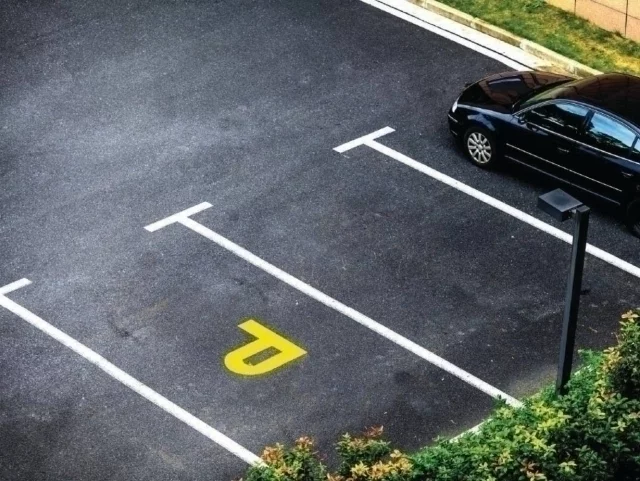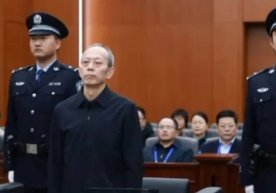
In China, when a vehicle is parked in a prohibited area, the driver first receives an SMS warning. If the vehicle is not moved within 10 minutes, only then is an official fine issued. This system is both simple and effective, helping to build respect for the law and a sense of personal responsibility.
Uzbekistan could benefit from implementing the same method. Every violation should not be met with immediate punishment, but instead with an opportunity for the driver to correct their mistake. A warning allows the person to reassess the situation and take proper action without facing a fine. It promotes a culture of responsibility and order.
Currently, many drivers in the country face unexpected fines, often leading to frustration and disputes. Imagine if a driver had just a few minutes to remove the vehicle — the fine could have been avoided. In many cases, the penalty amounts are high and become a burden for working-class citizens.
Using warnings before issuing fines is a just and reasonable approach. It also helps to build trust between citizens and the authorities. Adopting China's approach could prevent many conflicts and ensure better discipline.
This system plays a major role in maintaining public order. Drivers would know they are not criminals but are given a chance to fix their mistake. Only when they ignore the warning should the official penalty apply.
Warn first, fine later — this isn’t leniency, it's justice. If implemented, penalties will be more balanced and accepted by the public. Read “Zamin” on Telegram!
Ctrl
Enter
Found a mistake?
Select the phrase and press Ctrl+Enter Related news
Information
Users of Меҳмон are not allowed to comment this publication.
Users of Меҳмон are not allowed to comment this publication.














